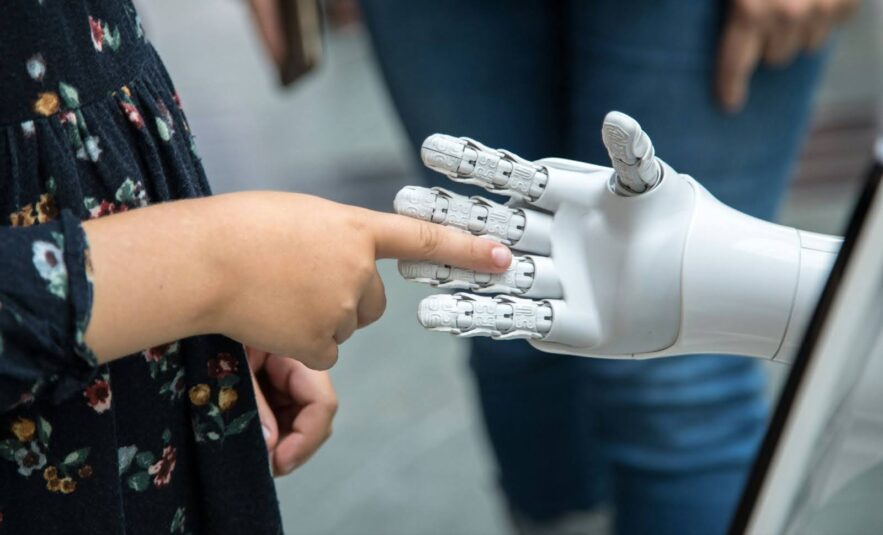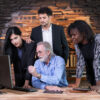Over the past year, AI has taken shape much beyond what anyone has expected. It’s helped us all “survive” immensely, quickly becoming our daily technological support systems.
And if you are an active user of it, chances are you’ve asked it to complete a number of different tasks. From helping students accomplish homework assignments to providing businesses with a quick analysis, it’s no doubt AI has turned into everyone’s most treasured—and much needed—tool.
Yet, even as AI has its plentiful perks, it’s not all what it claims to be. Yes, it streamlines workflow and gets the job done quicker. It gives us easy access to information and gets us thinking outside of the box. But beyond these benefits, it is also dangerously unprotected, and AI experts like Brian Sathianathan, CTO and Co-Founder of Iterate.ai, warn that it could be the greatest threat to technology yet.
One tragic suicide case in August recently brought that issue to heart. A teenager took his own life after ChatGPT gave ideas on how to commit suicide, and as a result, the family is now pursuing what people are calling the first wrongful AI death case.
The suicide story is exactly what experts have been cautioning since the initial development of AI. While it appears impressive at first, it lacks the necessary guardrails to protect users from harm. Without clear accountability, those who rely on it most could face devastating consequences.
While AI’s misuse in the teen’s case is deeply concerning, the lack of national regulation is what truly amplifies the problem. The U.S., despite being home to many of the world’s top AI companies, still lags behind other countries in developing comprehensive safeguards.
In fact, in President Trump’s recent adoption of the AI Action Plan, the U.S. is scaling back oversight and questioning what America’s role looks like in this evolving space.
By contrast, the European Union has already introduced protective measures with the AI Act, a first-of-its-kind regulatory framework that categorizes AI systems by risk level, banning the systems deemed too dangerous for use. With this legislation, it prohibits skeptical behavior and requires setting clear transparency from developers.
Meanwhile, places like China are also ahead of the AI game. They have updated their algorithm regulations, which requires platforms to submit AI models to the government before public release. By doing so, this promises secure AI systems ahead of user consumption.
Even beyond the mental health concerns, the lack of regulation also leaves businesses and governments exposed to cybersecurity threats, privacy violations, and disinformation risks. This absence of ruling means that many AI systems are operating with minimal checks on what information they share.
The rising concerns are clear. If America does not meet other countries where they are at, AI will surely start to influence everyday behavior. So much to the point where suicide might become the norm.
So, what’s the solution? Sathianathan might suggest the way forward doesn’t mean slowing down innovation. Instead, it’s about building responsible AI infrastructure, ensuring that systems include emotional intelligence and moral boundaries, and not just content generation.
As America continues integrating AI in all aspects of life, the story remains uncertain until rightful policy is put into place. There’s a chance to reignite AI the way it is intended to be used, but that’s not without putting a definitive framework at the center.
For the teenager who risked it all, let this be a lesson for those who rely on AI everyday. Without question, it’s our personal assistant, and in some cases, our confidant. But at the same time, it’s still a robot learning from data that doesn’t always distinguish right from wrong.
After all, technology has always advanced faster than policy, but this time, the effects involve human life. If the U.S. doesn’t step up its regulation now, the nation chances the very sole of its land: the citizens.



